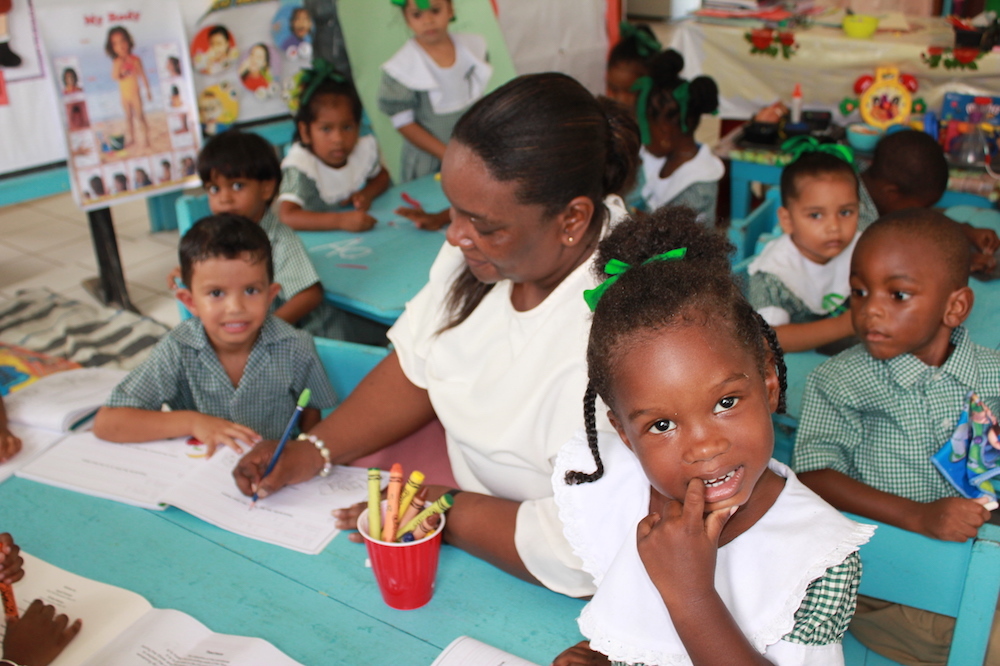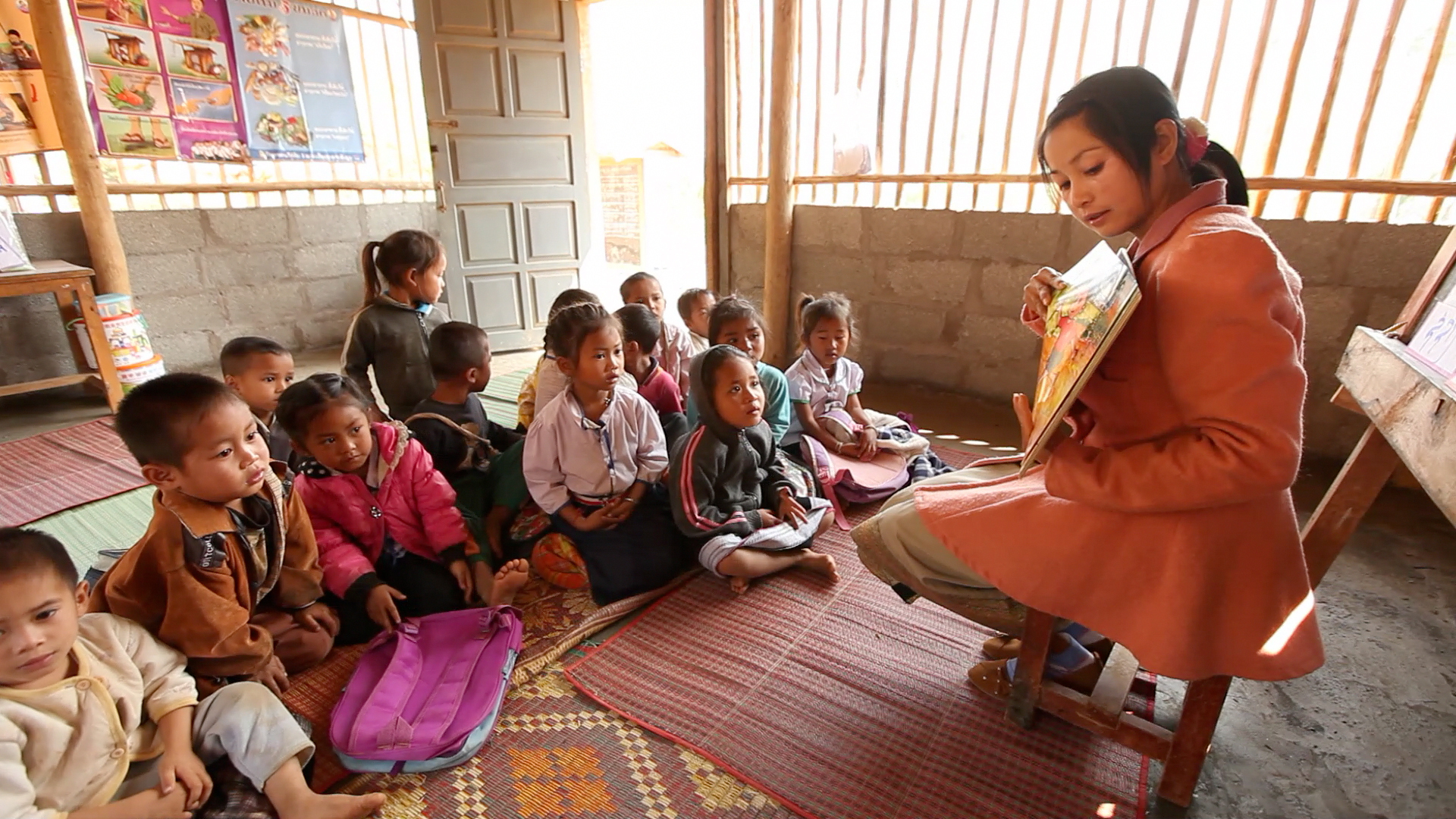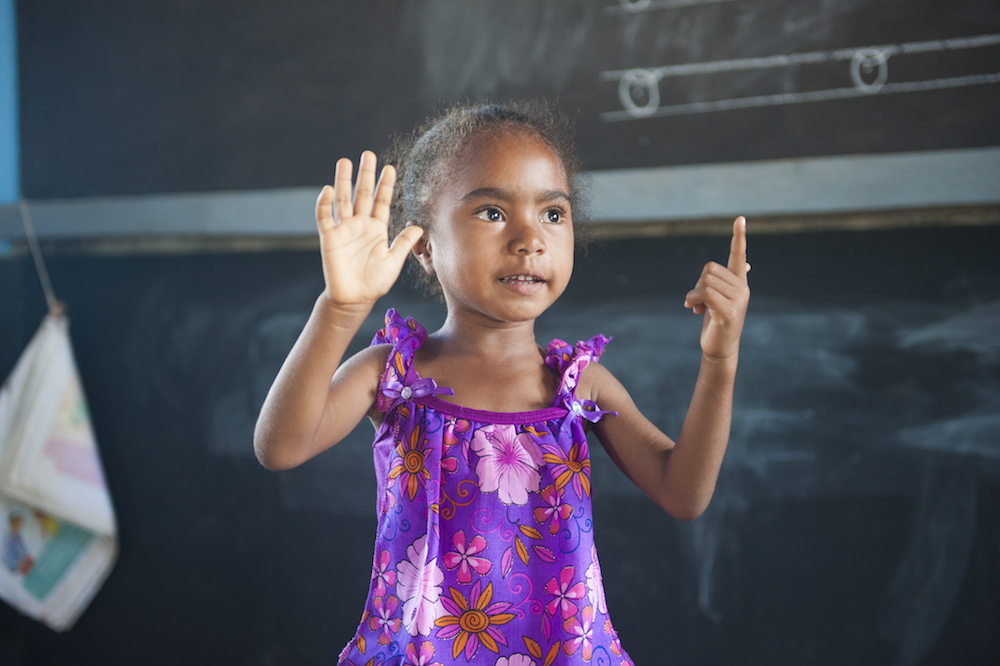
Why we’re calling on the Global Partnership for Education to invest more in early childhood learning

Early childhood development
This is an opportunity for the organisation to take the lead and shape the commitment of donors over the coming decade.
Across the world, 175 million children are currently not in early childhood education. That’s why Theirworld has launched a campaign calling on the Global Partnership for Education (GPE) to up its commitment to the early years.
By aiming to invest 10% of its budget, GPE has the potential to unlock early childhood education for more than one million children.
GPE is currently in the process of drafting a new multi-year strategy. What the board approves in this strategy will set the direction of billions of dollars of education aid over the coming years. While the board has already committed to make the early years a priority, this commitment needs to be backed up with clear financial ambition.
90% of a child’s brain has developed by the time they turn five. This means learning inequalities typically emerge before children even start school. Access to two years of high-quality pre-primary is therefore not just a “nice to have” but an absolutely critical stage of education for any child.
Our 10% ask sets out the absolute minimum world leaders need to commit to make sure all children are afforded this basic right. It is an evidence-based guideline calculated by the Education Commission for its Learning Generation report. Without this commitment, we have no hope of fulfilling the promise set out in the Sustainable Development Goals to leave no one behind.
By 2030 the total cost of pre-primary education is projected to be $10 billion in low-income countries and $68 billion in lower-middle income countries. With the cost of all education – pre-primary, primary, and secondary school – expected to total $580 billion by the end of the decade, pre-primary will comprise 13.4% of the total.

Write to your GPE Board Member
The 10% ask is therefore a conservative – but moreover – realistic estimate. It is calculated on the assumption of no increase in the GPE’s budget over the next strategy period. Had the GPE invested 10% of its 2018-2020 budget, $250 millio could already have been generated for early childhood education.
With current global investment from donors on early childhood education just $68.8 million – or 0.5% of overall aid to education – a 10% commitment will undoubtedly prove a game changer.
This is an opportunity for GPE to take the lead and shape the commitment of donors over the coming decade. This leadership is urgently needed. If nothing changes, the current financing trajectory will fall well below what is required.
With the impact of Covid-19 wreaking havoc on economies, there is a huge risk that local commitments to early childhood education could fall victim to severe budget pressures.
World Bank projections estimate that average government expenditure on education in low-income countries will fall from 14% to 2.5% by the start of 2021. Already governments across sub-Saharan Africa on average allocate less than 3% of education spending on early childhood education.
These grim financing scenarios will be devastating for the world’s poorest children and their families, making global leadership on pre-primary all the more important. Children who attend pre-primary have a much higher chance of reaching their development potential, and are much more likely to stay in school.

Without urgent action now, we face a lost generation of children (UNICEF / Ramasomanana)
As UNICEF has highlighted, expanding provision will also directly benefit families, creating teaching jobs amidst rising unemployment, and increasing opportunities for women and primary carers to increase their paid hours.
The international development community is beginning to coalesce around the ambition of “build back better” as the immediate coronavirus crisis recedes. A commitment to funding early childhood education must be at the heart of these efforts.
As it stands, the paucity of existing provision for tens of millions of children across the world means there is little to build back from. Fewer than 2% of the poorest children in countries like Cameroon and the Democratic Republic of Congo attend pre-primary.
At Theirworld, this only reinforces our ambition while underscoring the challenges. Additional investment will provide more space and resources to drive up quality and deliver better results for children.
Yet without urgent action now, we face a lost generation of children across the world who may be denied a future even before their lives really get going. That’s why we are calling on GPE to ensure children are given every opportunity to thrive by aiming to commit 10% of its budget to early childhood education.
More news

